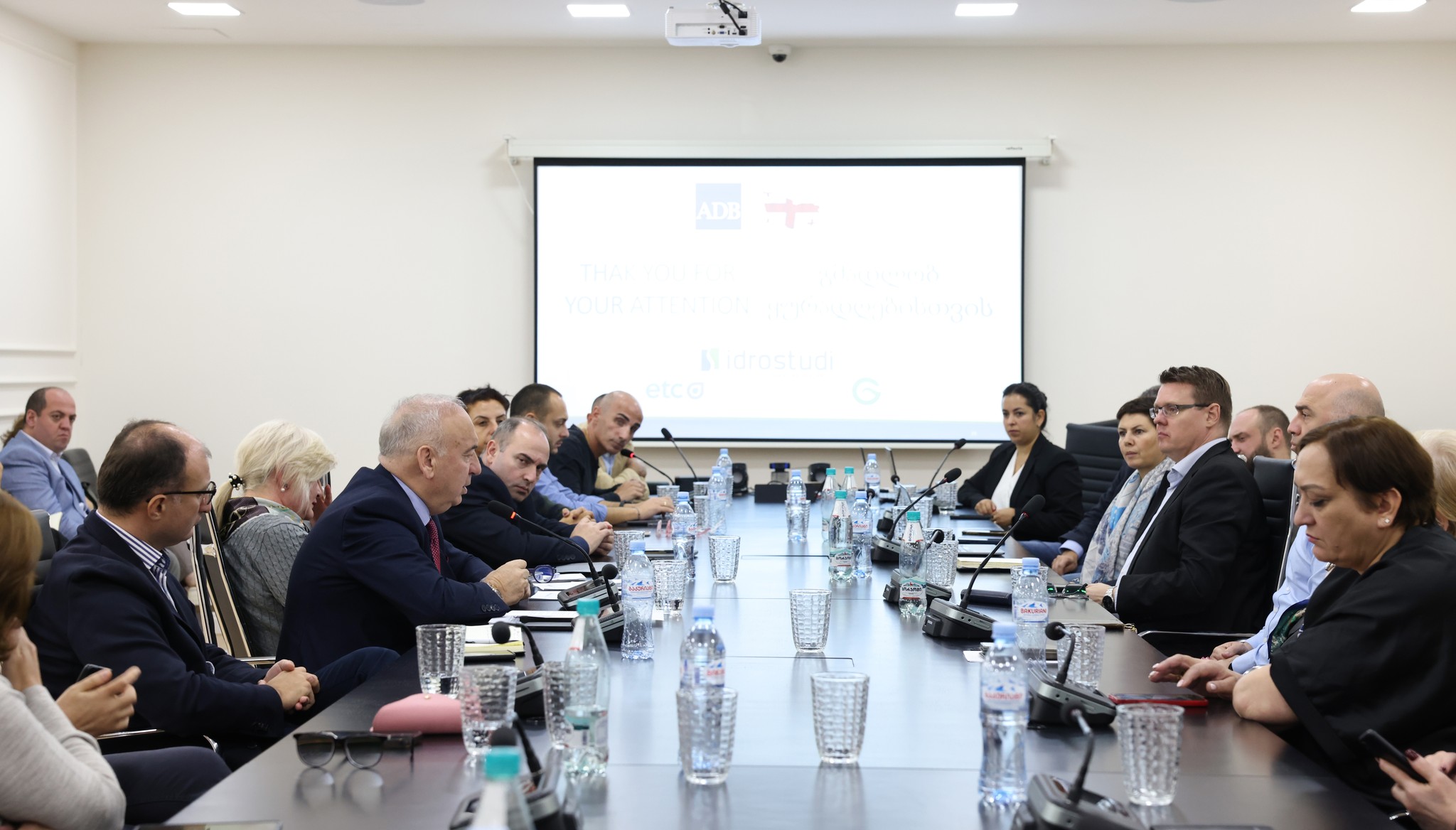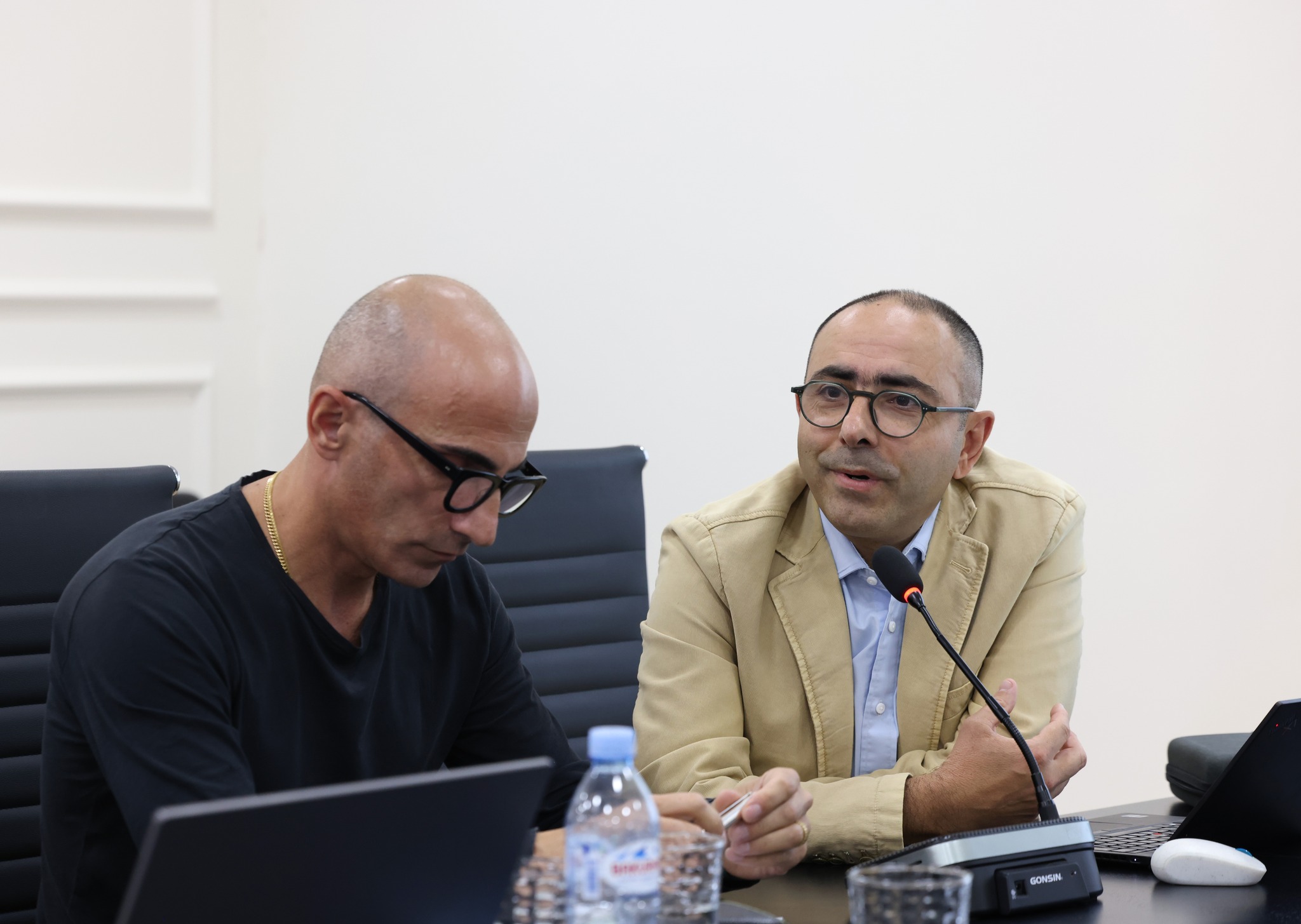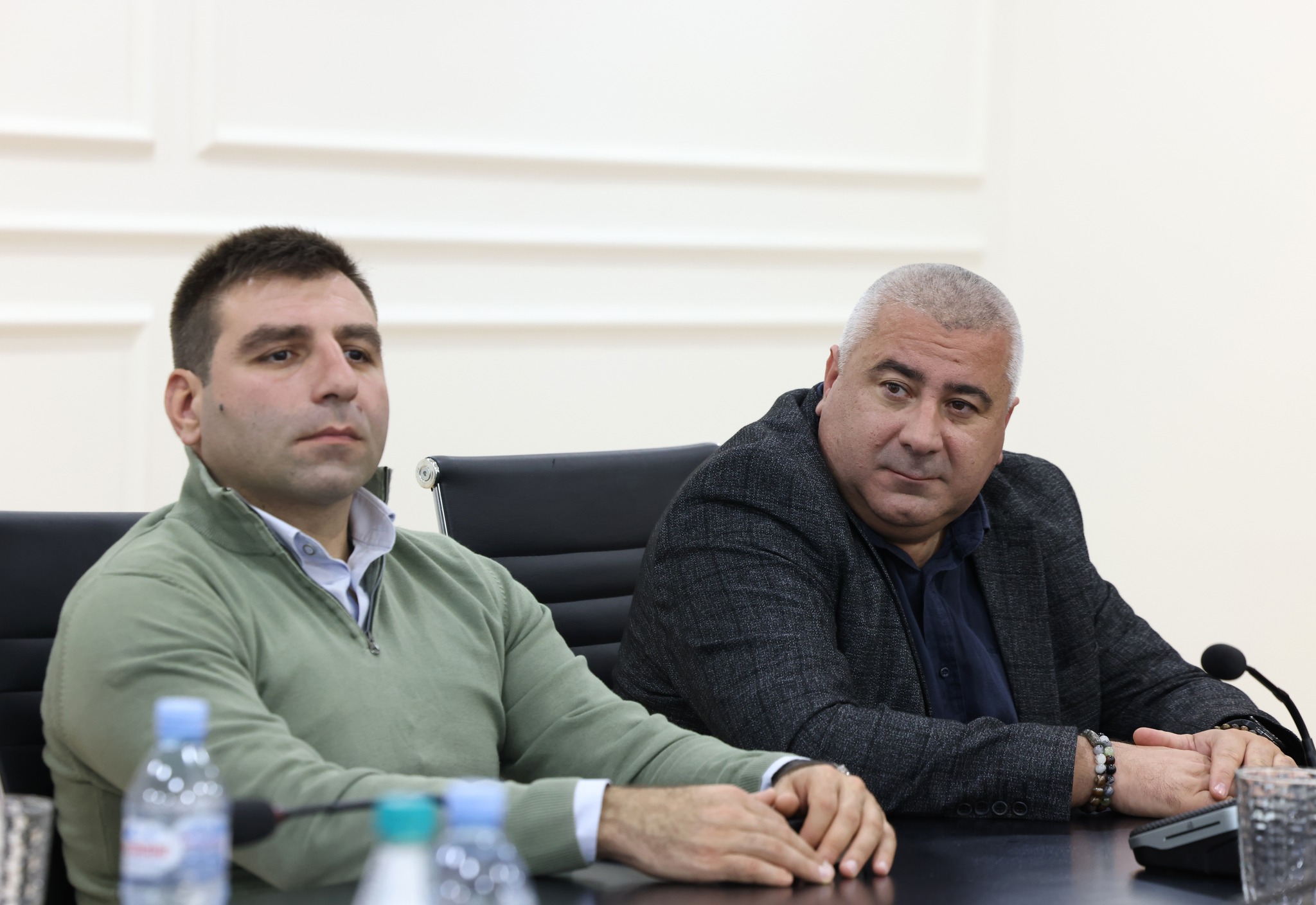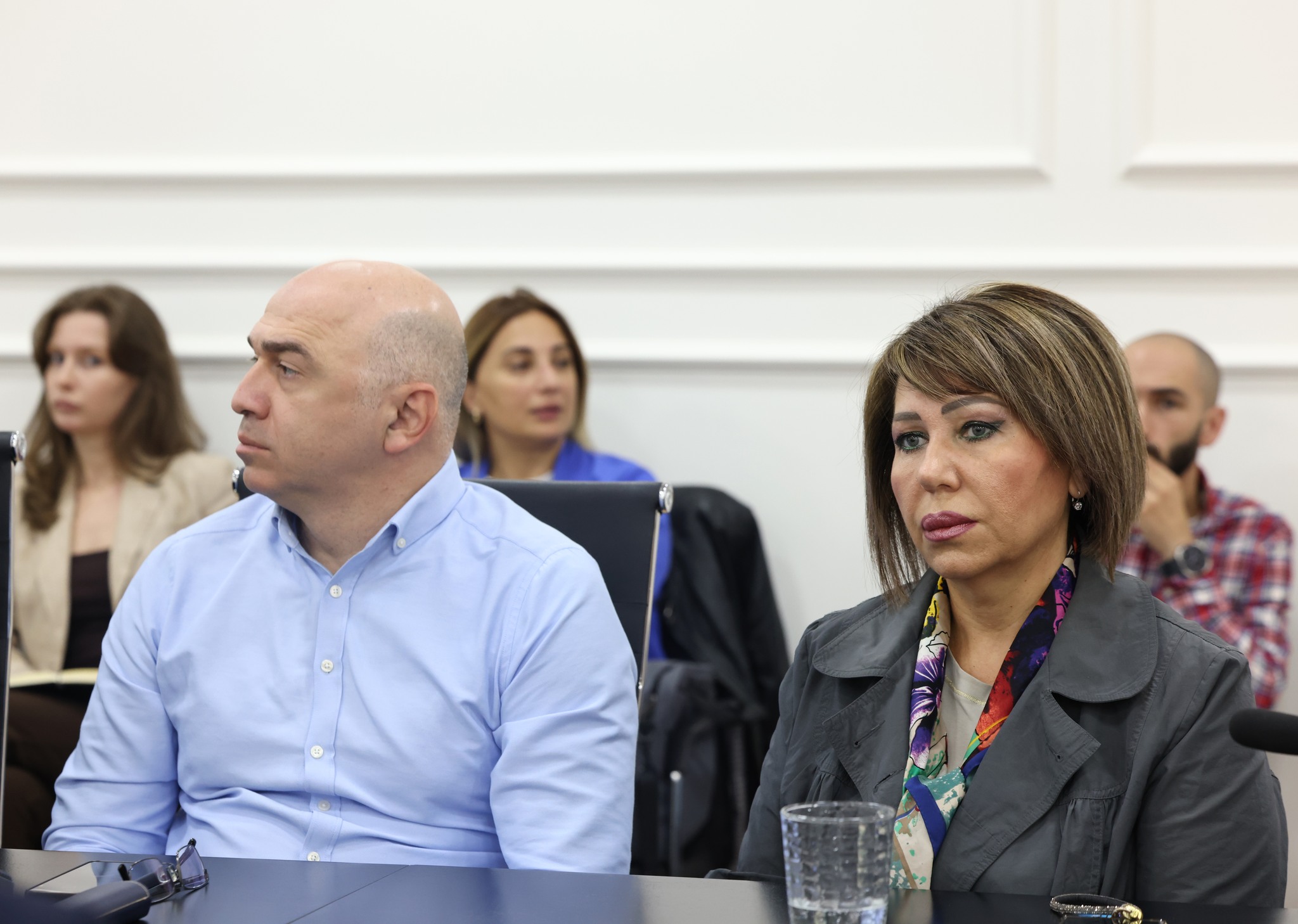News
The Ministry of Environmental Protection and Agriculture of Georgia hosted a Working Meeting to discuss Issues Related to the Development of a Sustainable Sludge Management Strategy.
During a working meeting hosted by the Ministry of Environmental Protection and Agriculture of Georgia, participants discussed issues regarding the development of a sustainable sludge management strategy in the country.
The project, implemented with financial support from the Asian Development Bank (ADB), aims to develop legislation, regulations, and supporting guidelines for sludge management in Georgia, including the preparation of a pilot project to assess the benefits of sludge reuse.
The Deputy Minister of Environmental Protection and Agriculture, Mr. Solomon Pavliashvili, expressed gratitude to the Asian Development Bank for its financial support, emphasizing the importance of the issue related to sludge management.
"According to the 2023 Communication on EU Enlargement Policy, published by the European Commission, one of the key recommendations for Georgia, as a candidate country, is the regulation of sewage sludge resulting from wastewater treatment. At the same time, the development of a circular economy is a national priority. Therefore, this issue carries particular significance and complexity. The working process is ongoing, and while there are many challenges, I believe that with the active involvement of the Government, international partners, and the private sector, we will be able to establish an effective legislative framework in the form of a technical regulation," stated Mr. Solomon Pavliashvili.
During the presentation, an assessment of the current state of sludge management in Georgia was presented, based on examples from Gardabani, Ureki, Zugdidi, Abastumani, Kobuleti, Adlia (Batumi), Anaklia, Tskaltubo, and Telavi.
It is worth mentioning that currently, there are no proper sludge management measures in Georgia, except for storing sludge on the premises of wastewater treatment plants, which is not a good practice in the long term. Therefore, it is necessary to promote sludge reuse (in the agricultural sector, energy production) or other appropriate disposal options. This process will require strengthening laboratory capacities in Georgia to establish a solid foundation for the safe reuse of sludge and support for comprehensive monitoring.
The project regarding the sustainable management and reuse of sewage sludge in Georgia is being implemented by experienced Italian engineering companies IDROSTUDI SRL, E.T.C. ENGINEERING S.R.L., and the Georgian company GERGILI LLC.
The Representatives of the relevant Departments of the Ministry and interested stakeholders attended the meeting.



